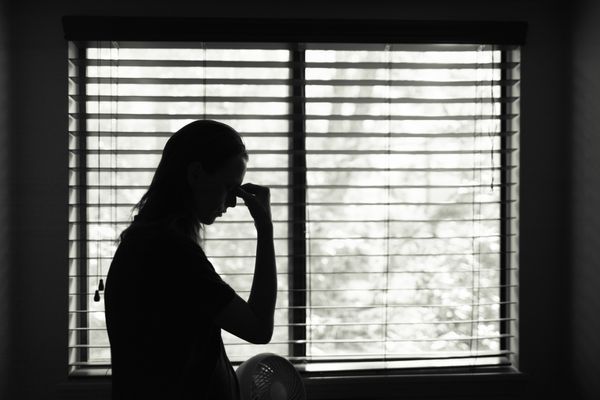The global COVID 19 pandemic and social isolation have caused crime statistics across North Carolina to drop. Unfortunately, it has had an opposite effect in people’s households. There has been a notable increase in domestic violence calls to law enforcement and domestic violence shelters. As soon as shelter-in-place orders became a possibility, social workers and victim advocates were worried. The combinations of 24/7 proximity, staying at home, unemployment, and homeschooled children creates historic stressors and little opportunity for victims to find refuge.
Domestic Violence Protective Orders (DVPO)
North Carolina’s domestic violence statute allows for victims of an act of domestic violence to seek a protective order from a judge. A Domestic Violence Protective Order, or DVPO, can be sought against a person with whom the victim has had a “personal relationship”, including:
- Current or former spouses;
- Members of the opposite sex who are in or have been in a dating relationship;
- Members of the opposite sex who live together or have lived together;
- Current or former household members;
- Children and their parents or grandparents;
- People who have a child in common.
If a victim believes that there is a danger of serious and immediate injury to himself or herself or a minor child, then the victim can first seek an emergency “ex-parte” order without a hearing. A court can enter emergency orders “as it deems necessary to protect the aggrieved party or minor children” from acts of domestic violence. This includes stay-away orders and temporary child custody orders.
A court must conduct a hearing within ten days of this order or within seven days of when the other party is served with notice. The court may continue these hearings by agreement of the parties or for other good cause. After a hearing, a court can issue a DVPO that can last for up to a year, which can contain the following types of relief:
- Order a person to refrain from acts of domestic violence, threats, or harassment;
- Order temporary child custody and visitation orders;
- Order a person to stay away from the home, workplace, school, or other places where the victim or children are;
- Give possession of the home and property to the victim, or order the abuser to provide suitable alternative housing;
- Order child support;
- Order spousal support;
- Protect personal property and pets;
- Order a person to surrender firearms and prohibit purchases;
- Order an abuser to attend an abuser treatment program.
Courts Available for Emergency Protective Orders
COVID 19 has created severe limitations on the ability of courts to operate as usual. For most family law matters, North Carolina courts have moved to postpone or continued until the beginning of June. This is based on orders from the North Carolina Supreme Court. However, emergency orders, such as Domestic Violence Protective Orders (DVPO) are an exception and are still available.
If you are experiencing domestic violence, you should seek help. The National Domestic Violence Hotline can be reached 24 hours a day at 1-800-799-7233. If you are interested in discussing a protective order, you can contact us at our website or at (919) 719-3470. We are ready and available to determine whether you have a claim for emergency relief and can help you access the court system for that relief.
Let New Direction Family Law Assist You
At New Direction Family Law, our attorneys provide high-quality family law representation to people in North Carolina., including emergency orders and domestic violence protective orders. Our attorneys are experienced, discreet, and effective advocates for people who want to protect their children and safely end their marriages. Let us help you. We proudly serve clients in Wake, Johnston, Durham, and surrounding counties. Contact New Direction Family Law at (919) 719-3470 to schedule an appointment, or visit us at our website.

